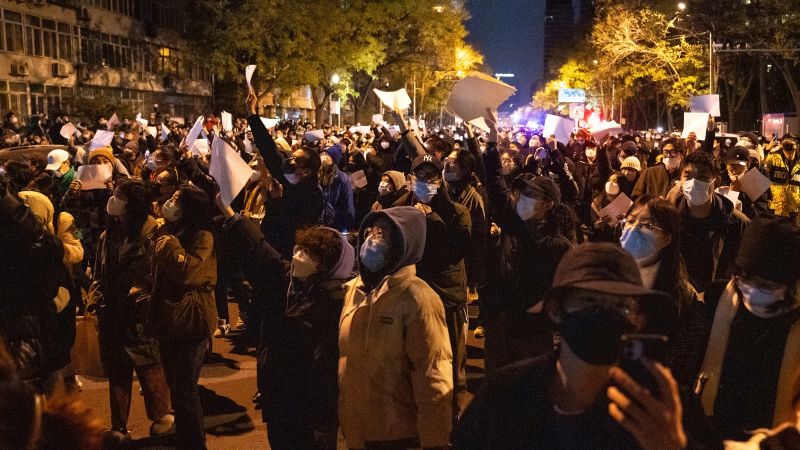Three U.S. Soldiers Killed, Wolfowitz In Iraq
The Pentagon provided no other details on the trip by Wolfowitz, a driving force behind America’s invasion of Iraq, which comes amid debate over the progress of the U.S.-led occupation and a battle on the ground against Iraqi resistance elements opposed to the U.S. presence.
The hawkish Wolfowitz arrived in Baghdad on a four-day tour of the country, where U.S. commanders warn they are facing a tougher fight on the ground and the U.S.-sponsored interim Governing Council is demanding greater power from the coalition, reported Agence France-Presse (AFP).
A U.S. base in Samarra, 125 kilometers (78 miles) from Baghdad, took two mortar shells at 1:00 pm (1000 GMT), leaving two soldiers dead and four wounded, said Major Josslyn Aberle of the Fourth Infantry Division, according to AFP.
The wounded were evacuated to a combat hospital.
Earlier Friday, another soldier was killed as he guarded a grain silo in the northern Iraqi city of Mosul, the U.S.-led occupation forces said in Baghdad. The killings raise to 108 the number of U.S. soldiers killed since major hostilities were declared over on May 1.
Another attack Thursday night on a Baghdad market left one Iraqi dead and six wounded, just ahead of the Muslim holy month of Ramadan. The market was only 30 meters (yards) from where a bomb was discovered hours earlier hidden next to a school, the sources told AFP.
Since August 2003, there have been several attacks, mainly car bombings, claiming the lives of U.N. officials, Iraqi religious leaders, policemen and scores of innocent bystanders across Iraq.
While civilians were being struck down, the four-month-old battle between resistance fighters and U.S. forces raged on north and west of the capital, home to what Washington claims to be "the bedrock of Saddam Hussein supporters".
Two U.S. soldiers were wounded in a bomb blast Friday that damaged one of the vehicles in the convoy in which they were traveling in Fallujah, west of Baghdad, witnesses said.
Anti-American Protests
Meanwhile, more than 100 Iraqis clashed with police in Fallujah after a giant outdoor prayer service was held Friday in protest against U.S. forces.
People threw stones at a wall of policemen who stopped them from ransacking the office of the U.S.-backed mayor in this flashpoint town, an AFP correspondent witnessed.
Rebuffed, the demonstrators marched down the street, shouting: "Americans be patient. Fallujah will dig your grave."
The brief skirmishes in the town, considered ground zero of the resistance to .U.S forces, broke out after a prayer service attended by thousands, which denounced U.S. soldiers’ conduct in Fallujah.
Sunni scholar Dr. Mekkhi Hussein told the faithful, "I say to the Muslims, wounded Baghdad is calling and screaming to you, asking you for help. And so is Prophet Mohammed and all who follow him," he added, in what amounted to an implicit nod to the resistance.
"You Americans must understand that communities cannot be ruled by the whip. Friendship cannot be made by force," he preached. "You must know the Muslims will not bow to anyone."
All other mosques had been shut down ahead of the prayer service, following a tense few weeks during which a Sunni imam was arrested by the Americans and soldiers have come under constant attack.
Mekkhi warned the Americans to release Sheikh Jamal Shaker Nazzal, 61, arrested by U.S. forces along with tribal leader Barakat Saadun Aifan and four religious students from the Al-Kabir mosque on October 13.
"So you Americans should know that, Sheikh Jamal and his brothers who are held by you, we can get them out either by asking or by force."
As the demonstrators took to the street, many yelled slogans against right-wing Israeli Prime Minister Ariel Sharon, considered an enemy of the Arab world and an ally of the United States.
"There is no God but Allah. Sharon is the enemy of God. The army of Mohammed is coming back," the crowd shouted in a call-and-response to Sheikh Abdul Monem Shaqer, who was carried on the people’s shoulders, as they swept past police.
A huge divide has grown between U.S. forces and Fallujah residents since soldiers first opened fire on a demonstration in April 2003, killing at least 16.



